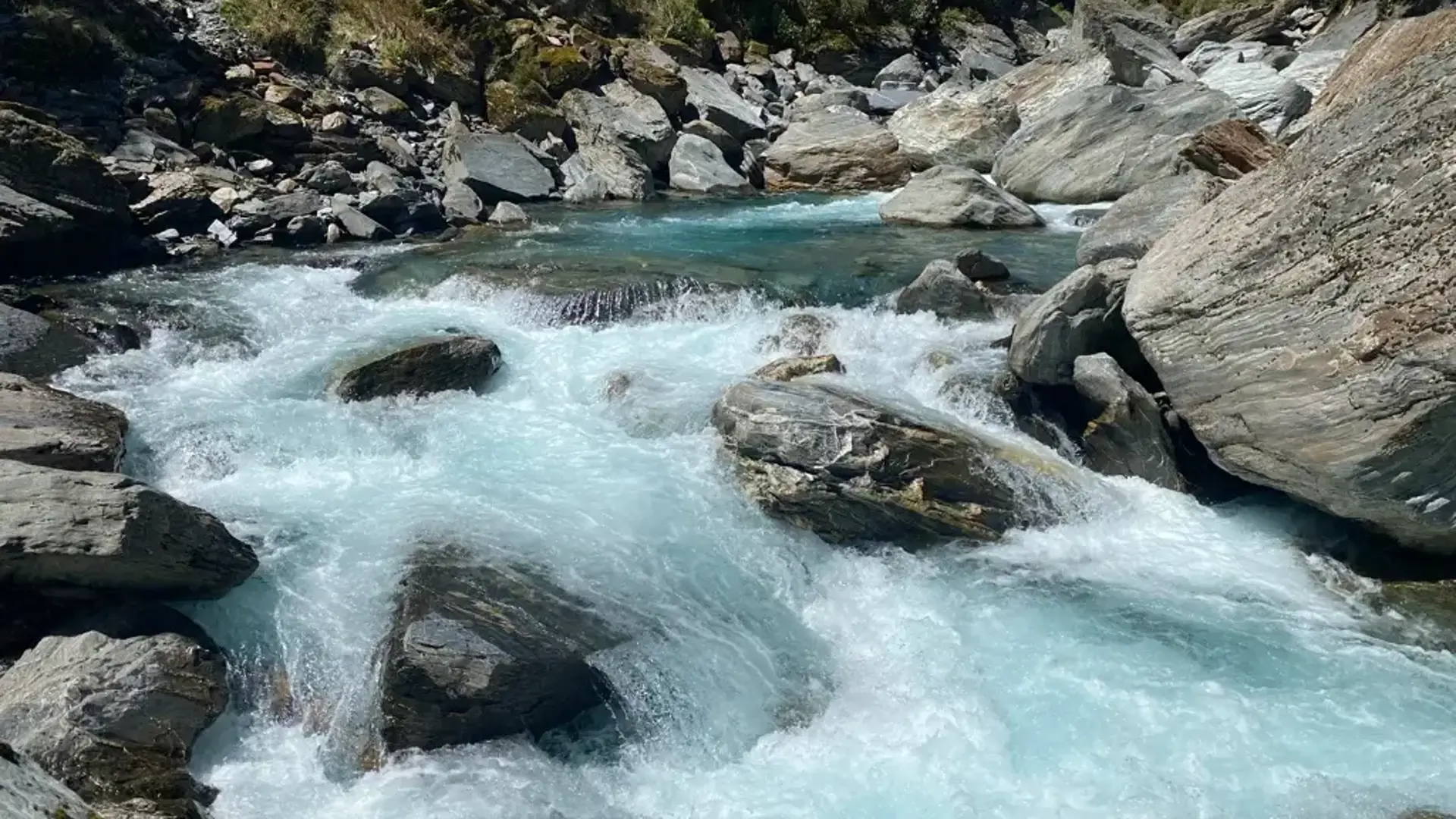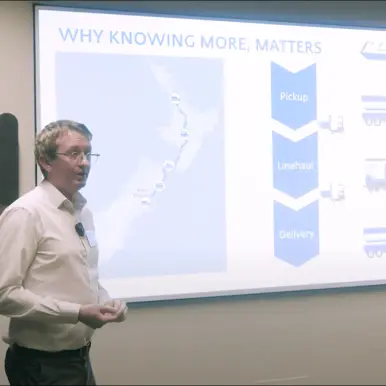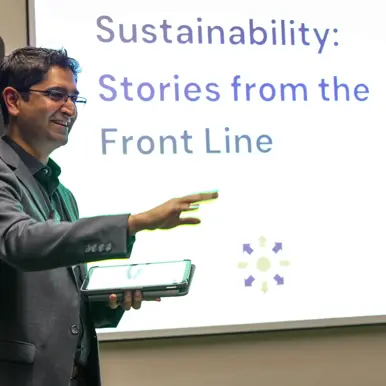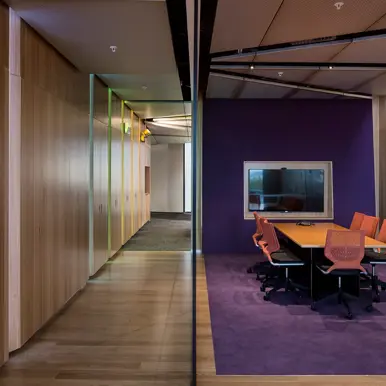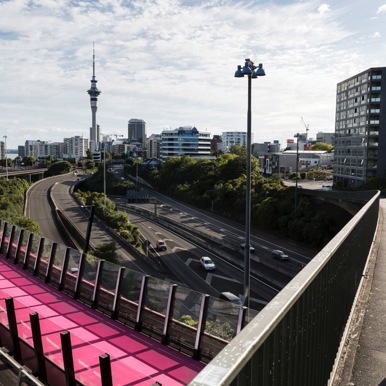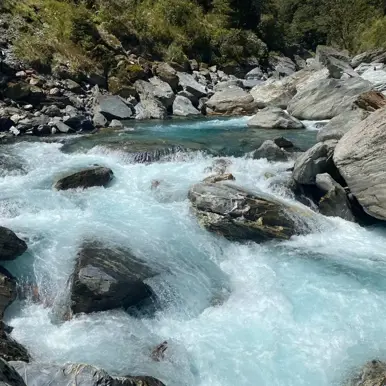In civic life, we don’t exist purely as individuals. We are members of communities which cooperate to make our shared futures as abundant and productive as possible. Fortunately throughout my career, we’ve been in an era where the perception of what is best for us, as individuals and society as a whole has, for the most part, happily overlapped. Not completely or satisfactorily for everyone, but in my (privileged) life in New Zealand, it’s been pretty darn good.
This doesn’t ignore the fact that I’ve made decisions along the way that would now seem to be less appropriate. Historic choices that, at the time, seemed to be good for us individually and not knowingly harmful to society, based on our understanding or the zeitgeist at the time.
Looking forward, there are a number of challenges to that overlapping venn diagram of personal preference and optimal societal outcome. First up, we are in the midst of managing a pandemic where personal compromise is an important element of public health measures.
Personal choice around travel, social contacts, conducting business, mask wearing and vaccination involves uninvited compromise in order to achieve an optimal collective outcome.
It’s challenging to weigh up what we’re prepared to change, compromise, sacrifice and accept for a collective outcome. We’ve needed to ponder if we believe in the outcome and whether the changes are appropriate or necessary in achieving it. People have decided to quietly participate or that they felt so strongly, they need to actively protest.
This experience is a good warm-up (accidental pun) for the changes that are necessary to meet our obligations to decarbonise our economy. It’s an intimidating challenge that needs to happen at scale and pace. Much has been written about the cost. But I prefer to see it as a massive opportunity...definitely one of the biggest of our lifetime.
So where to start? The obvious answer is at home. There is an increasing realisation that we don’t actually have a carbon footprint - more of a carbon shadow and it's a long one. Susan Joy Hassol, director of the non-profit science outreach group, Climate Communication, believes we need to do as much as we can, as fast as we can.
“The top five personal actions are one fewer child, be car-free, avoid plane travel, use green energy and eat a plant-based diet.”
Everything else is pretty much inconsequential. Why? Because the average American’s carbon footprint is 16 tons per year. To meet our carbon emission goals by 2030, we would need to reduce that to two tons per person, per year.
In 2018, an Auckland household's average emissions were 6.8 tonnes or around 7.5 US tons. To put that in context, 6.8 tonnes of carbon dioxide is roughly what a Kiwi passenger would emit flying return to the UK. Reducing our household emissions to under a quarter of that is difficult. Just making changes to areas of our life that aren't inconvenient isn’t going to get us there. It has to extend well beyond and into everything relating to our work and personal lives.
So what about our carbon emissions at Sandfield?
As an IT company based in an energy efficient office, we questioned how hard could it be to reduce our carbon emissions?
We assumed all we needed to do was measure emissions, identify the ‘low hanging fruit’ for reductions and, what we couldn’t reduce, we’d buy ethical offsets for until better options for elimination came along.
Compared to other businesses, we thought we would romp through an audit process and be granted the coveted ‘Zero Carbon Business’ logo for our website.
We were wrong! Properly and ethically understanding and dealing with our carbon emissions is anything but simple or easy. Boris Johnson recently invoked the immortal words of Kermit the Frog, “it’s easy being green”. It’s not, we can’t just recycle our way out of this.
Having now been through the process ourselves, we understand more about the challenges. And while the commitment was a relatively easy one for us to make, we take our responsibility seriously. As part of this, we’re also now in the process of assisting our higher-emitting logistics clients with their low carbon journey.
There’s a Winston Churchill quote used around climate change response which says “perfection is the enemy of progress”. This is applicable in everyone’s situations and responses to climate change.
The meaningful change that is necessary is not simple, convenient or affordable - but striving for perfection will slow progress. And if we delay, we know that future progress will just become more complex, inconvenient and expensive.
I love situations where people collectively take on an audacious challenge that otherwise seems too difficult or even futile. One example is Predator Free 2050. At this time, we don’t see a pathway to succeeding but enough people believe the goal is worthy to participate in hundreds of community groups, all doing a small amount but, collectively, making a significant difference.
As things evolve, we plan to write more about our experience and share insights into our zero carbon and sustainability journey. We hope it will be informative and thought provoking. But, most of all, it’s about acknowledging that we don’t exist purely as individuals - we are members of communities which need to work together for the greater good. By aggregating our impacts as a Sandfield community, we know we are better able to understand our individual actions.

